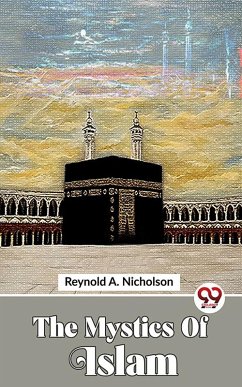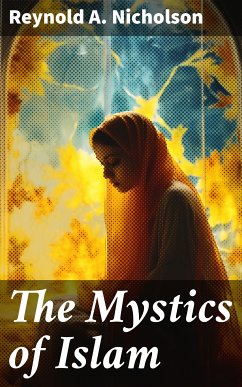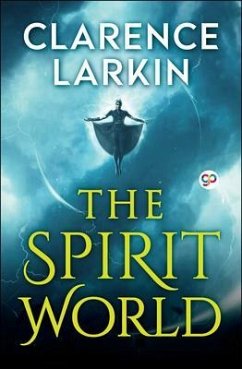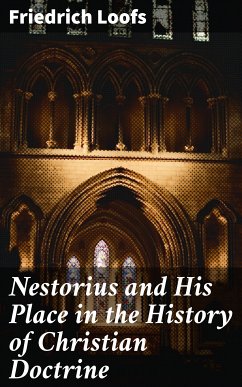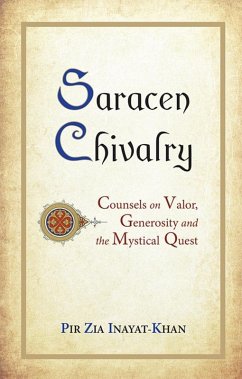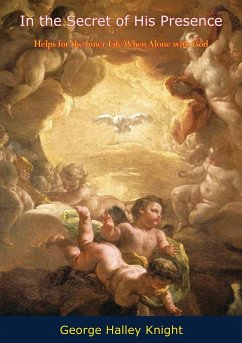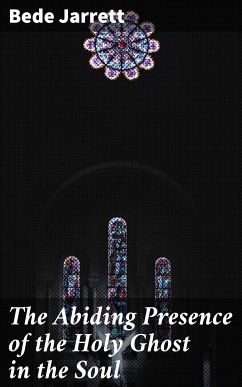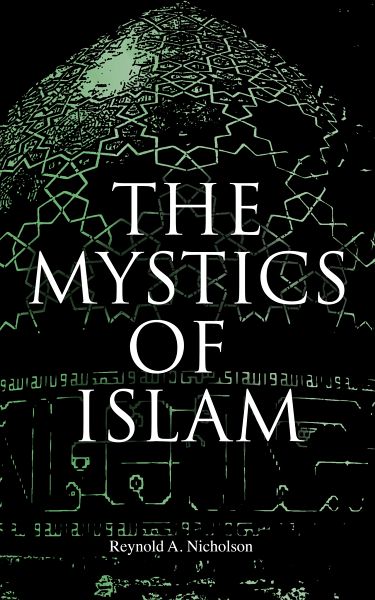
The Mystics of Islam (eBook, ePUB)

PAYBACK Punkte
0 °P sammeln!
Sufism, the religious philosophy of Islam, is described in the oldest extant definition as 'the apprehension of divine realities,' and Mohammedan mystics are fond of calling themselves Ahl al-Haqq, 'the followers of the Real.' In attempting to set forth their central doctrines from this point of view, the author draws to some extent on materials which he has collected for a history of Islamic mysticism. This edition provides an easy approach to the study of Islamic mysticism. Apart what the general reader requires to be told at first about Sufism; the book includes a large amount of material t...
Sufism, the religious philosophy of Islam, is described in the oldest extant definition as 'the apprehension of divine realities,' and Mohammedan mystics are fond of calling themselves Ahl al-Haqq, 'the followers of the Real.' In attempting to set forth their central doctrines from this point of view, the author draws to some extent on materials which he has collected for a history of Islamic mysticism. This edition provides an easy approach to the study of Islamic mysticism. Apart what the general reader requires to be told at first about Sufism; the book includes a large amount of material that will be new even to professional Orientalists. Dr. Nicholson sets before us the results of twenty years' unremitting labour, and that, too, with remarkable simplicity and clarity for such a subject; at the same time he lets the mystics mostly speak for themselves and mainly in his own fine versions from the original Arabic and Persian.
Dieser Download kann aus rechtlichen Gründen nur mit Rechnungsadresse in A, B, BG, CY, CZ, D, DK, EW, E, FIN, F, GR, H, IRL, I, LT, L, LR, M, NL, PL, P, R, S, SLO, SK ausgeliefert werden.




